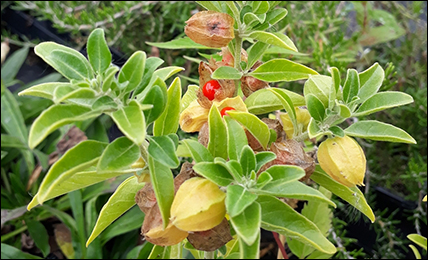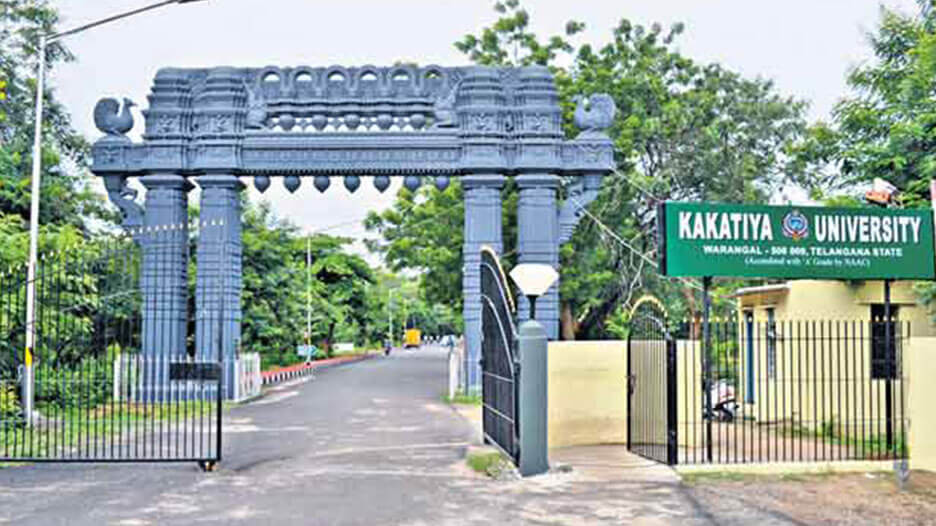Ashwagandha may hold an efficient anti-Covid-19 drug, claims IIT Delhi study
Mon 18 May 2020, 21:39:56

Prof. D Sundar, Coordinator of DAILAB at IIT Delhi and Head of the Department of Biochemical Engineering and Biotechnology at IIT Delhi, was one of the main minds behind the study.
The research team found that natural compounds from Ashwagandha and propolis have the potential to be effective anti-Covid-19 drug candidates.
In a research paper, just accepted for publication in the J Biomol Struct Dyn, the research team has reported that natural compounds from Ashwagandha and propolis have the potential to be effective anti-Covid-19 drug candidates.
The researchers targeted the main SARS-CoV-2’s enzyme for splitting proteins, known as the Main protease or Mpro that plays a key role in mediating viral replication.
This is an attractive drug target for this virus, and as humans don’t naturally have this enzyme, compounds that target Mpro are likely to have low toxicity.
They discovered that Withanone (Wi-N), a natural compound derived from Ashwagandha (Withania somnifera) and Caffeic Acid Phenethyl Ester (CAPE), an active ingredient of New Zealand propolis, have the potential to interact with and
block the activity of Mpro.
block the activity of Mpro.
The team described that they have also searched for the capability to these bioactives to modulate the protein on the surface of human cells, to which the SARS-CoV-2 binds and allows its entry into our cell - the transmembrane protease serine 2 (TMPRSS2), and selected Withanone.
The study is currently under review and expected to be published in a near future.
The research team said that their findings may not only connect to save time and cost required for screening for anti-Covid-19 drugs, but may also offer some preventive and therapeutic value for the management of fatal Covid-19 pandemic, and hence warrant prioritized validation in the laboratory and clinical tests.
They added that the drug development may take a while and in the current scenario, these natural resources (Ashwagandha and Propolis) may offer some preventive or even therapeutic value.
"IIT Delhi and AIST researchers have been working together for more than a decade and trying to contribute to strengthen this avenue by merging the traditional knowledge with the modern technologies," he said.
No Comments For This Post, Be first to write a Comment.
Most viewed from Edu and Jobs
AIMIM News
Latest Urdu News
Most Viewed
May 26, 2020
Do you think Canada-India relations will improve under New PM Mark Carney?
Latest Videos View All
Like Us
Home
About Us
Advertise With Us
All Polls
Epaper Archives
Privacy Policy
Contact Us
Download Etemaad App
© 2025 Etemaad Daily News, All Rights Reserved.






























